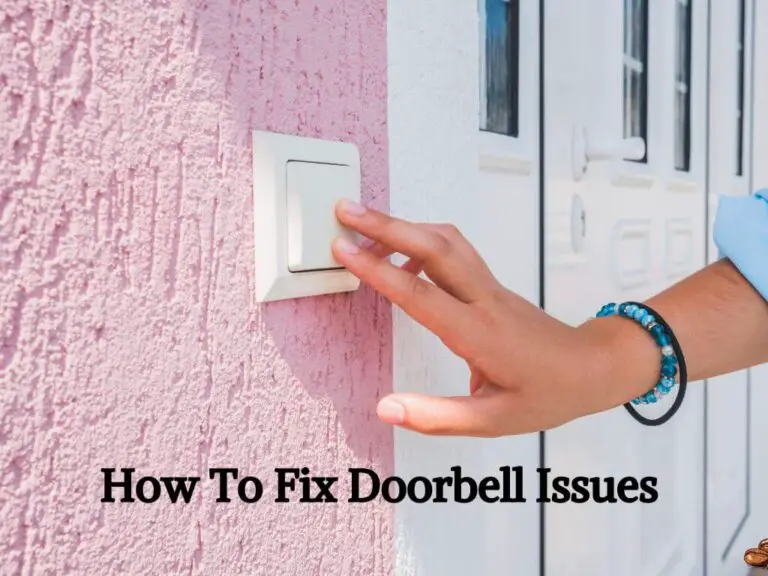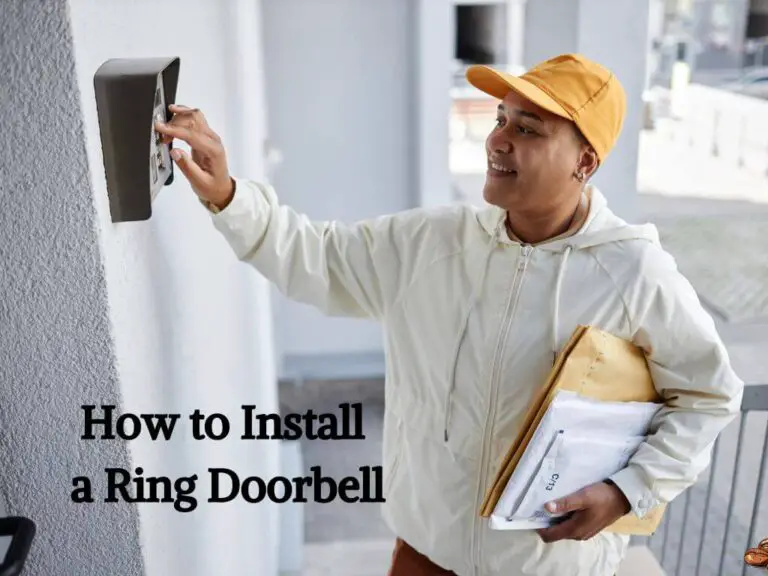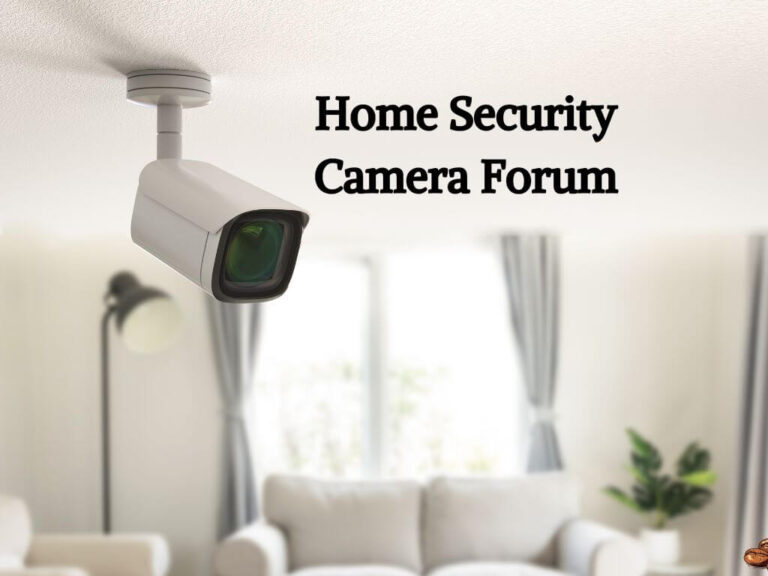Choose a security door based on its material strength, lock quality, and fit relative to your entryway. Consider the door’s aesthetic appeal to your home’s style.
Selecting the right security door for your home is crucial for ensuring safety and enhancing curb appeal. It’s a balance between fortification and design; a door must be resilient enough to deter potential intrusions and blend harmoniously with your home’s exterior.
As you make your choice, prioritize materials such as steel or wrought iron known for their durability and resistance to forced entry. Evaluate the locking mechanism—multi-point locks offer increased protection compared to single latch options. Your door should fit perfectly; even the strongest door can falter if there are gaps.
Remember, also, that a well-crafted security door can contribute to your property’s overall value, making this decision an integral aspect of home improvement and peace of mind.
Why Invest In A Security Door?
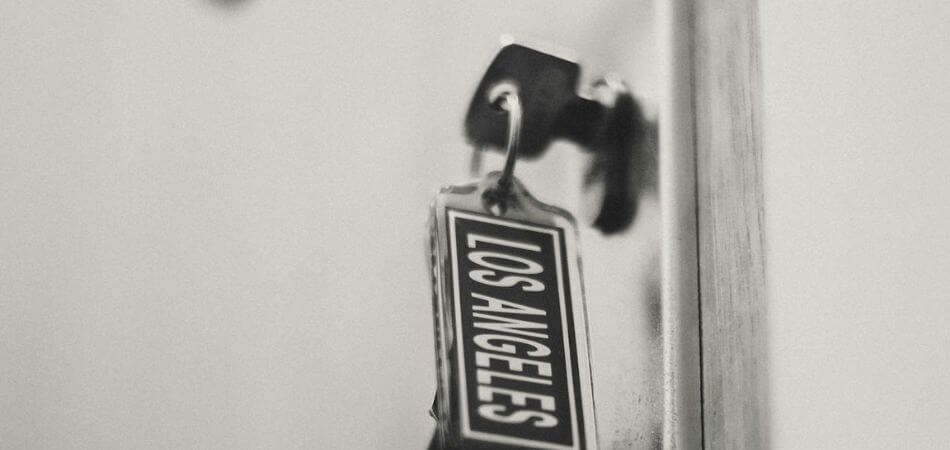
Investing in a security door enhances your home’s safety. It acts as a strong barrier against intruders. Quality security doors are crafted from durable materials. These materials withstand forceful entries and harsh weather.
Choosing the right security door boosts your home’s curb appeal. It can also increase your property’s value. Many design options blend well with your home’s style. This ensures you don’t sacrifice aesthetics for safety. Prospective buyers often value the added security. This aspect can make your property more attractive in the real estate market.
Material Matters
Choosing the right security door is all about picking the best material. Security doors come in both steel and aluminum. Steel doors are incredibly strong and durable, making them a top choice for security. They withstand high impact and resist warping over time. On the other hand, aluminum doors are lighter and can provide rust resistance.
For those who prefer a natural look, there are hardwood options. These doors blend strength with aesthetics. Hardwoods like oak and maple are known for their solidity. Yet, they require more maintenance to keep their beauty. Each material offers unique benefits. The choice depends on your needs for security, maintenance, and style.
Design And Features
Choosing the right security door is a critical decision. Your door’s visual appeal should blend with your home’s style. Select designs that enhance your exterior and reflect your taste. Bold aesthetics can deter potential intruders by showcasing robustness.
Lock types also dictate door strength. Consider deadbolts for high security. Biometric locks offer advanced protection. Ensure your lock meets industry standards. Materials like steel or iron enhance door strength.
| Lock Type | Security Level |
|---|---|
| Deadbolt | High |
| Biometric | Advanced |
| Padlock | Medium |
| Latch | Basic |
Measuring For Precision
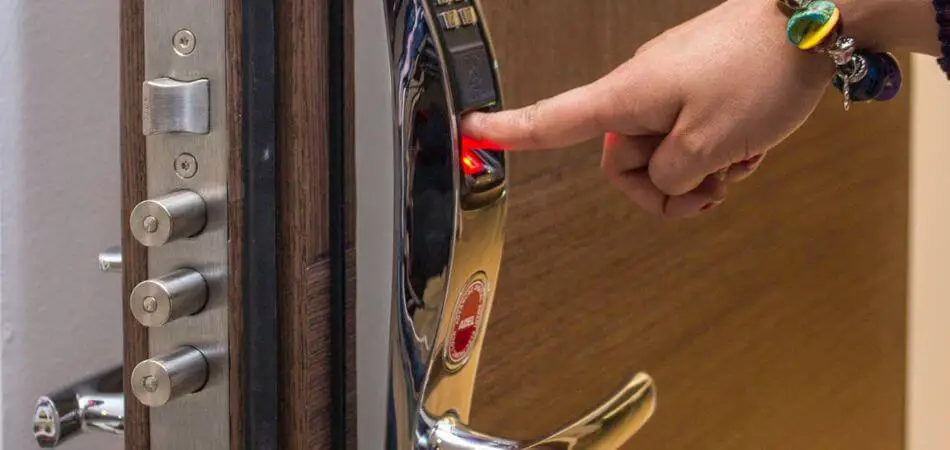
Choosing the right security door requires precise measurements. Incorrect sizing can lead to gaps and security weaknesses. A professional assessment is vital for ensuring optimal fit. Experts will consider door frame dimensions and the space necessary for proper door movement. Secure installation hinges on exact measurements.
Without professional guidance, you might miss critical sizing details. Technicians use specialized tools for measuring. They make sure your security door fits like a glove. A snug, correct fit is paramount for safety. Trusting a skilled assessor ensures your door not only secures but also fits seamlessly with your home’s aesthetics.
Budgeting For Security
Selecting the right security door requires balance.
Quality and cost are both crucial.
A higher price often means better materials and security. Yet, affordability is important.
Think of it as a long-term investment.
A sturdy door can offer years of protection.
So, consider upfront costs against potential longevity and peace of mind.
Professional Installation Vs Diy
Choosing a security door involves a critical decision: Professional Installation or DIY. Opting for professional installation ensures correct fitting, which is essential for maximal security. Certified installers bring expertise and specialized tools. This means peace of mind but at a higher cost.
DIY installation may save money and offer a sense of accomplishment. Necessary skills and the right tools are a must. Time commitment and the risk of incorrect installation are potential drawbacks.
| Aspect | Professional Installation | DIY |
|---|---|---|
| Expertise | High | Varies |
| Tools | Provided | Required |
| Cost | Higher | Lower |
| Risk | Lower | Higher |
| Time | Less | More |
The Bottom Line
Selecting the right security door is a choice that shouldn’t be taken lightly. Balance aesthetics, function, and safety to ensure your peace of mind. Remember, a reliable security door not only deters potential intruders but also enhances your home’s visual appeal.
Prioritize quality and durability; a wise investment today safeguards your tomorrow. Choose wisely, and stay secure.
Frequently Asked Questions Of How Do I Choose A Security Door
Q1# What Are The Best Locks For Security Doors?
The best locks for security doors are grade 1 deadbolts. These offer the highest level of security. Also, consider keyless entry locks for added convenience without compromising on safety.
Q2# Does Design Impact A Security Door’s Effectiveness?
Design can impact effectiveness. While aesthetic value is important, choose designs without large gaps or weak points. Opt for doors with a balance of style and security features like reinforced corners and locking systems.
Q3# How To Select The Right Size Security Door?
Measure the door frame accurately before purchase. Standard security doors fit most entryways, but custom sizes are available for unique dimensions. It’s essential to get a snug fit for maximum protection.
Q4# What Features Ensure A Security Door’s Strength?
A security door’s strength is ensured by materials like steel or wrought iron. Look for heavy-duty frames and tamper-resistant features. Additional elements such as deadbolts and non-removable pin hinges offer enhanced security.

